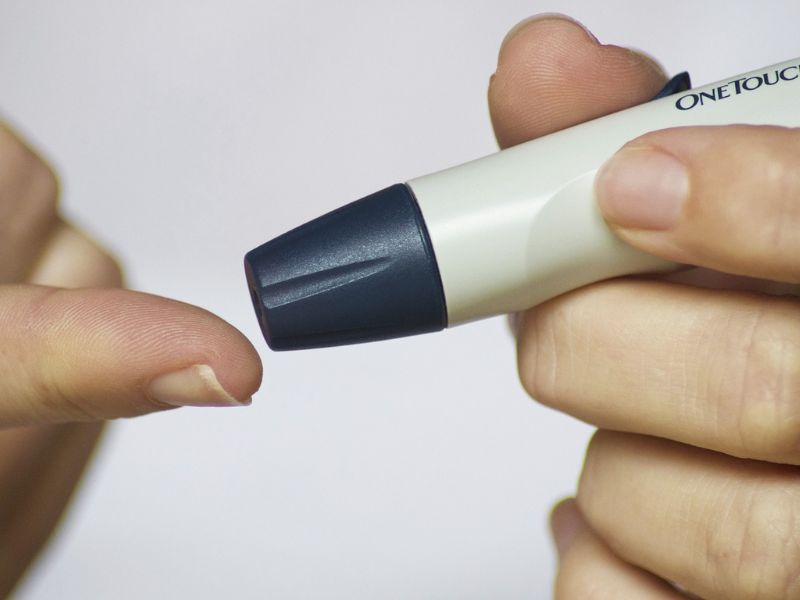
Hypoglycemia: Recognizing, Preventing and Managing the Risks
Understanding Hypoglycemia for Effective Management
Hypoglycemia is a medical condition characterized by abnormally low levels of glucose in the blood, crucial for brain function and overall energy in the body. This condition can have both short-term and long-term effects on health and requires careful management, especially for individuals with diabetes.
Identifying Hypoglycemia
The symptoms of hypoglycemia range from mild to severe. Common signs include excessive sweating, trembling, dizziness, mental confusion, palpitations, and excessive hunger. In more severe cases, it can lead to loss of consciousness, seizures, and coma.
Risk Factors and Prevention
Hypoglycemia is most common in diabetic patients, especially those treated with insulin. However, it can also occur in healthy individuals due to strict diets, fructose intolerance, or prolonged physical exertion. Prevention includes regular meal timing, reducing alcohol intake, and for diabetics, proper management of their condition.
Intervention and Treatment
In the case of mild hypoglycemia, consuming sugar or high-glycemic foods may be sufficient. In more severe cases, intravenous glucose or glucagon administration may be required. It is crucial for diabetic patients and their families to be educated on how to recognize and manage hypoglycemic episodes.
Understanding Long-Term Risks and Management Strategies
Recurrent or unmanaged hypoglycemia can have significant health consequences. Besides damaging nerves and organs, it can lead to serious heart problems, such as heart failure or heart attacks, especially in patients with increased cardiovascular risk. Unstable blood sugar levels can also negatively impact cognitive functions, affecting memory, attention, and concentration. Additionally, hypoglycemia can harm blood vessels in the eyes, leading to vision problems or, in severe cases, blindness.
Effective hypoglycemia management requires a comprehensive approach. It is essential for patients to work closely with their doctors to develop a personalized treatment plan. This may include adjusting medication therapy, regulating diet, and adopting a healthier lifestyle. Diabetic patients, in particular, need diabetes education to understand how to manage their condition and prevent glucose fluctuations. Furthermore, regular monitoring of blood sugar levels is crucial for preventing hypoglycemic episodes and responding promptly if they occur.
In situations of severe hypoglycemia where the patient cannot consume sugar orally, the use of intramuscular glucagon becomes necessary. In these cases, it is important for family members and caregivers to be adequately trained to recognize symptoms and know how to respond effectively. Wearing medical identification bracelets can be a crucial aid in emergencies, allowing healthcare professionals to intervene quickly and appropriately.
In conclusion, hypoglycemia is a serious condition that requires careful and informed management. Awareness of symptoms, prevention through healthy lifestyle choices, and proactive management of diabetes or other underlying conditions are essential to reduce the risks associated with this condition. Always consult a doctor for proper diagnosis and to develop an appropriate treatment plan.
Images
Sources


